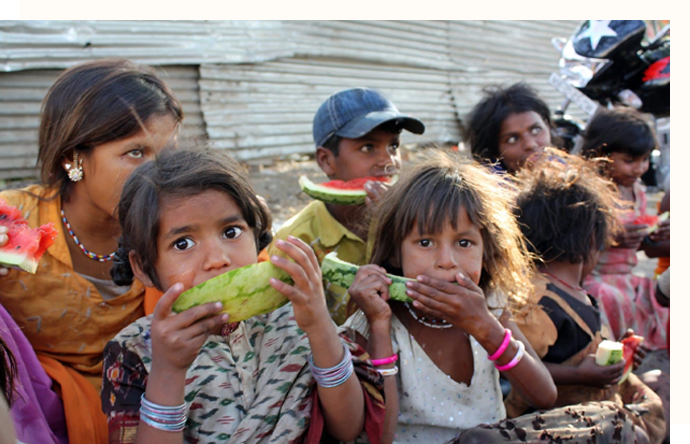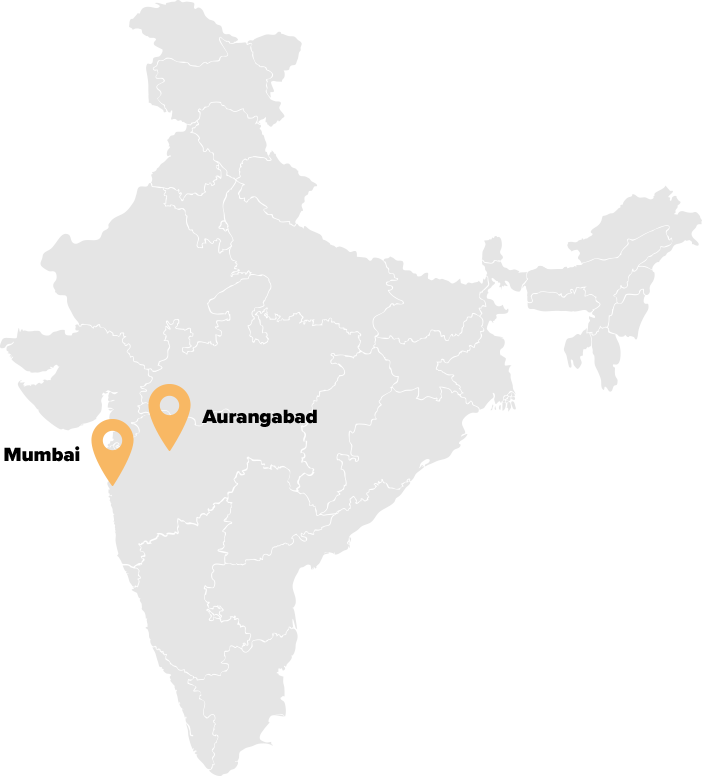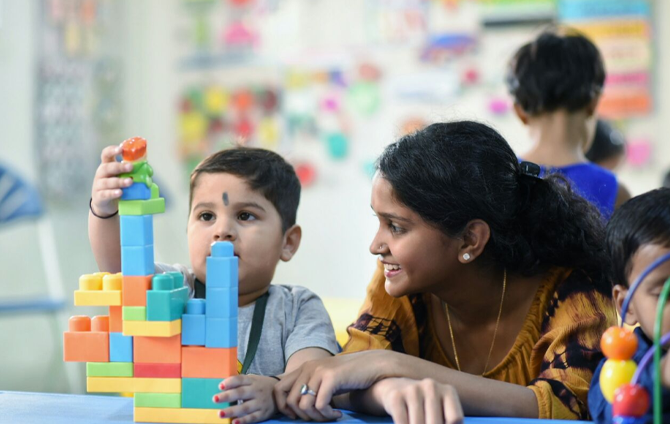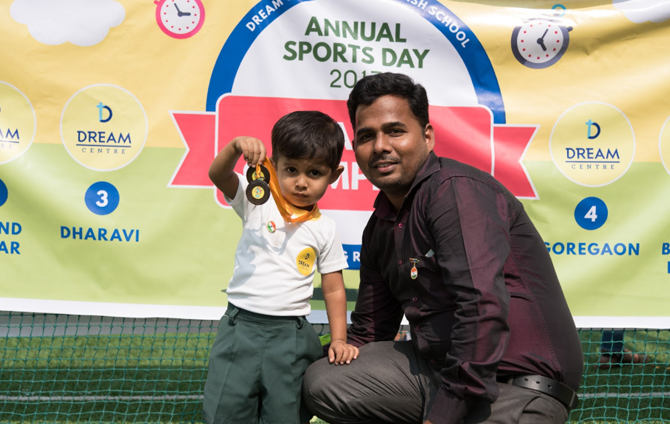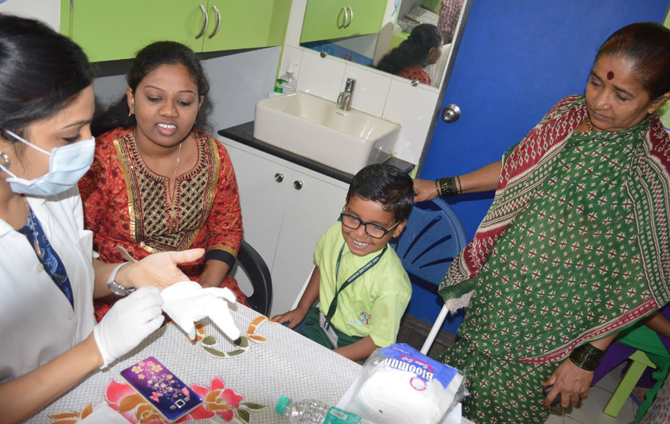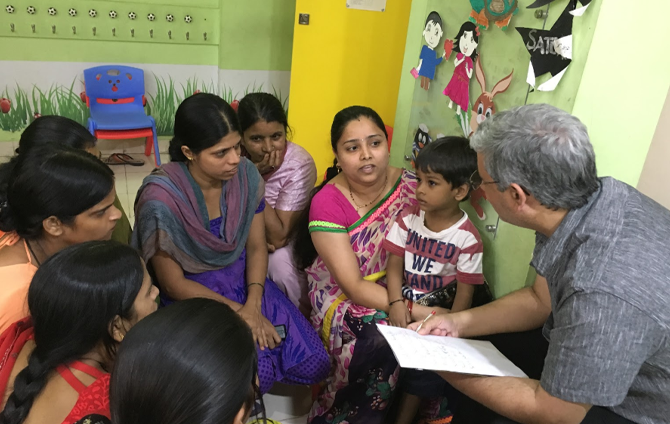The Singal Foundation partnered with the Dream Centers to fund 8 schools in the slum communities of India. The schools were pioneered in response to an overwhelming need in the city of Mumbai and across India. These schools are unique because of their self-sustaining model. After a one-time investment of $45,000, each school becomes completely self-sufficient. As part of the community empowerment program, a nominal fee is charged to the students which is able to sustain all the expenses of the school. Our vision is to give every child an opportunity to get a quality education and with your help, we can make that a reality.
Education
The Singal Foundation partnered with the Dream Centers to fund 8 schools in the slum communities of India. The schools were pioneered in response to an overwhelming need in the city of Mumbai and across India. These schools are unique because of their self-sustaining model. Every student pays a nominal fee and after a one-time investment of $45,000, each school becomes completely self-sufficient.

